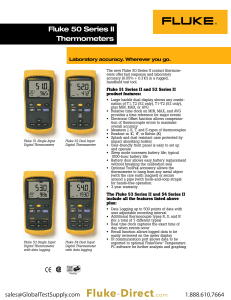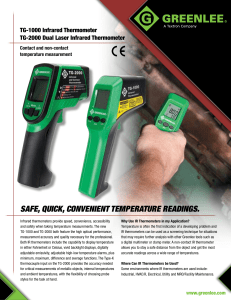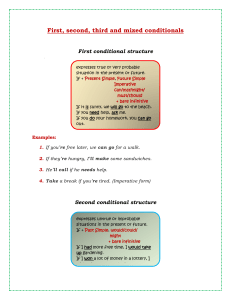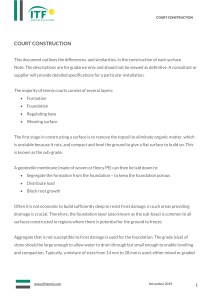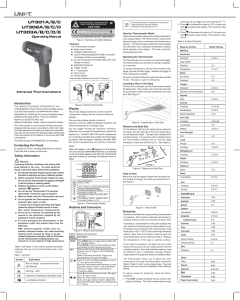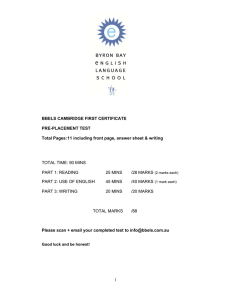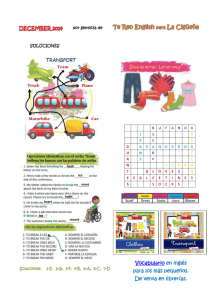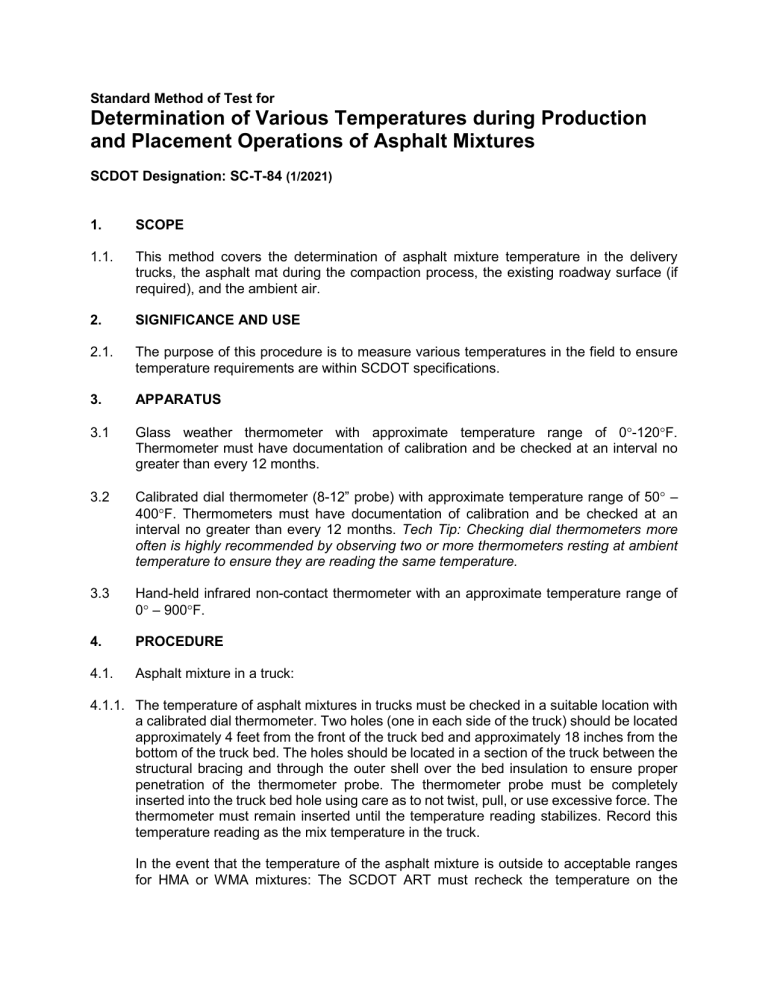
Standard Method of Test for Determination of Various Temperatures during Production and Placement Operations of Asphalt Mixtures SCDOT Designation: SC-T-84 (1/2021) 1. SCOPE 1.1. This method covers the determination of asphalt mixture temperature in the delivery trucks, the asphalt mat during the compaction process, the existing roadway surface (if required), and the ambient air. 2. SIGNIFICANCE AND USE 2.1. The purpose of this procedure is to measure various temperatures in the field to ensure temperature requirements are within SCDOT specifications. 3. APPARATUS 3.1 Glass weather thermometer with approximate temperature range of 0°-120°F. Thermometer must have documentation of calibration and be checked at an interval no greater than every 12 months. 3.2 Calibrated dial thermometer (8-12” probe) with approximate temperature range of 50° – 400°F. Thermometers must have documentation of calibration and be checked at an interval no greater than every 12 months. Tech Tip: Checking dial thermometers more often is highly recommended by observing two or more thermometers resting at ambient temperature to ensure they are reading the same temperature. 3.3 Hand-held infrared non-contact thermometer with an approximate temperature range of 0° – 900°F. 4. PROCEDURE 4.1. Asphalt mixture in a truck: 4.1.1. The temperature of asphalt mixtures in trucks must be checked in a suitable location with a calibrated dial thermometer. Two holes (one in each side of the truck) should be located approximately 4 feet from the front of the truck bed and approximately 18 inches from the bottom of the truck bed. The holes should be located in a section of the truck between the structural bracing and through the outer shell over the bed insulation to ensure proper penetration of the thermometer probe. The thermometer probe must be completely inserted into the truck bed hole using care as to not twist, pull, or use excessive force. The thermometer must remain inserted until the temperature reading stabilizes. Record this temperature reading as the mix temperature in the truck. In the event that the temperature of the asphalt mixture is outside to acceptable ranges for HMA or WMA mixtures: The SCDOT ART must recheck the temperature on the opposite side of the truck to see if the temperature is still outside of acceptable range. If the temp is still not within range, the Contractor’s QC or foreman must be made aware of the measured temperature. The contractor will be instructed to check the truck temperature in both truck bed locations with their own thermometer. If the average measurements are within 5 degrees of the SCDOT average, and still not within acceptable range, reject the load of mix and note the temp based on the original thermometer reading. If the measured temperatures vary more than 5 degrees, a third calibrated thermometer must be used to determine which one of the thermometer readings is out of calibration. Make a decision on whether the load should be rejected based on the readings. Discontinue to use the thermometer with the incorrect readings and not use it until it is replaced or recalibrated. 4.2. Existing Roadway: 4.2.1. The existing roadway surface temperature can be checked (if required) with a handheld infrared non-contact thermometer in the shade (if available) at approximately 3 feet above the existing roadway in at least 5 random locations. These five random readings are to be averaged and recorded as the existing roadway surface temperature. 4.3. Asphalt mat during placement: 4.3.1. The temperature of the asphalt mat shall be accomplished by either a handheld noncontact infrared thermometer held approximately 3 feet above the asphalt mat or by a calibrated dial thermometer inserted into the mat for a minimum of 5 random readings. These readings are to be averaged and recorded as the asphalt mat temperature. 4.4. Ambient temperature (weather): 4.4.1. The ambient temperature will be measured in the shade (if available) with a calibrated glass thermometer. The reading will be measured until the reading stabilizes and recorded. 5. REPORT 5.1. Report the temperature of the mix inside the truck, on the roadway, and the ambient temperature as required by project specifications. Report data on Form 400.02 (Field Determination of Target Density for Asphalt), 400.04 (Daily Roadway Report), or 400.05 (Daily Plant Report).
